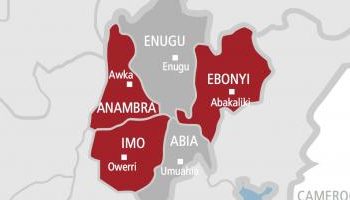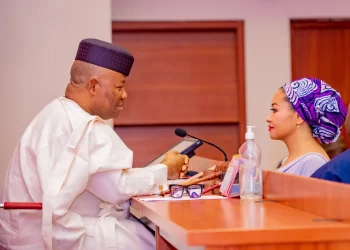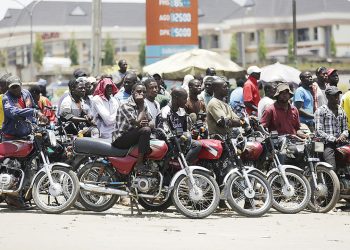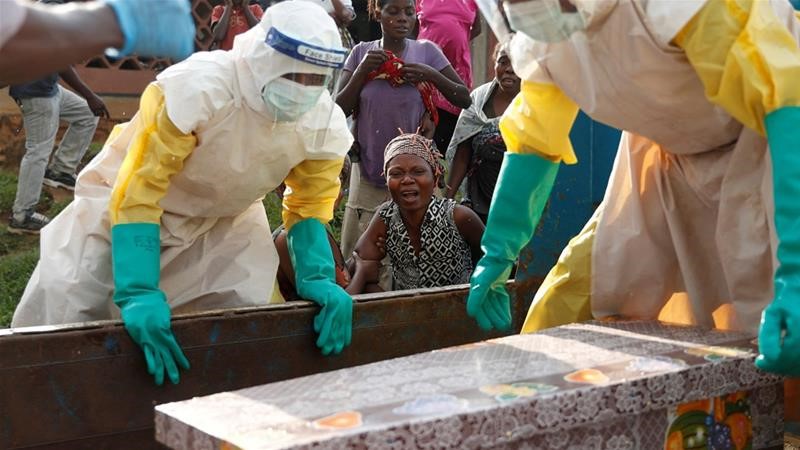January 17, 2017 has gone down as a dark day, not just in the history of the Nigerian Air Force (NAF) but also in the fight against Boko Haram insurgency in the North East, following the tragic, mistaken bombing of an Internally-Displaced Persons’ (IDP) camp in Rann, headquarters of Kala Balge Local Government Area of Borno State.
Although official sources put the number of people killed at between 50 and 57, chairman of the Local Government, Alhaji Babagana Malarima, disclosed that a total of 234 bodies were buried after the ugly incident which cast gloom over the nation throughout last week.
We are pleased to note that the Federal Government has ordered a thorough probe of this incident. Beyond mere administrative gestures, it is important to find out if this was an honest mistake which sometimes occurs in military operations. “Friendly fire” and “collateral damage” are terms which describe unintentional hitting of own targets while engaging the enemy during military operations. An unbiased inquiry will reveal if it was not an act of sabotage.
The NAF under, Air Vice-Marshall Sadique Abubakar has performed creditably in the war against Boko Haram, especially since the invasion of Sambisa Forest to flush out the Islamist terrorists began with gusto. We should not allow the pain of this military bungling to blind us to the contributions of the Force in breaking the back of the enemy. Too much condemnation will be counter-productive in this campaign, whose end is nowhere near in sight.
Rather, we must hasten to try and cushion the effects on the survivors and families of those who lost their lives in the incident.
We are opposed to the view that it is not usual for victims of collateral damage during military operations to be compensated. Though no amount of money can adequately pay for loss of lives, we believe that the survivors and families of the deceased victims will be better able to move on with their lives if a measure of soft landing is provided.
We also call for great caution in handling the post-Sambisa challenges of the war on terror. The increased attacks by Boko Haram, so soon after President Muhammadu Buhari declared them “defeated” following the capture of Camp Zero, shows that the campaign has merely entered a different phase.
More care should be taken to secure IDP camps throughout the country and ensure that before refugees are allowed to return to their communities, their security and safety must be fool-proof.
The civilian/military collaboration, which has helped in making great progress in the war on terror, must continue.











































